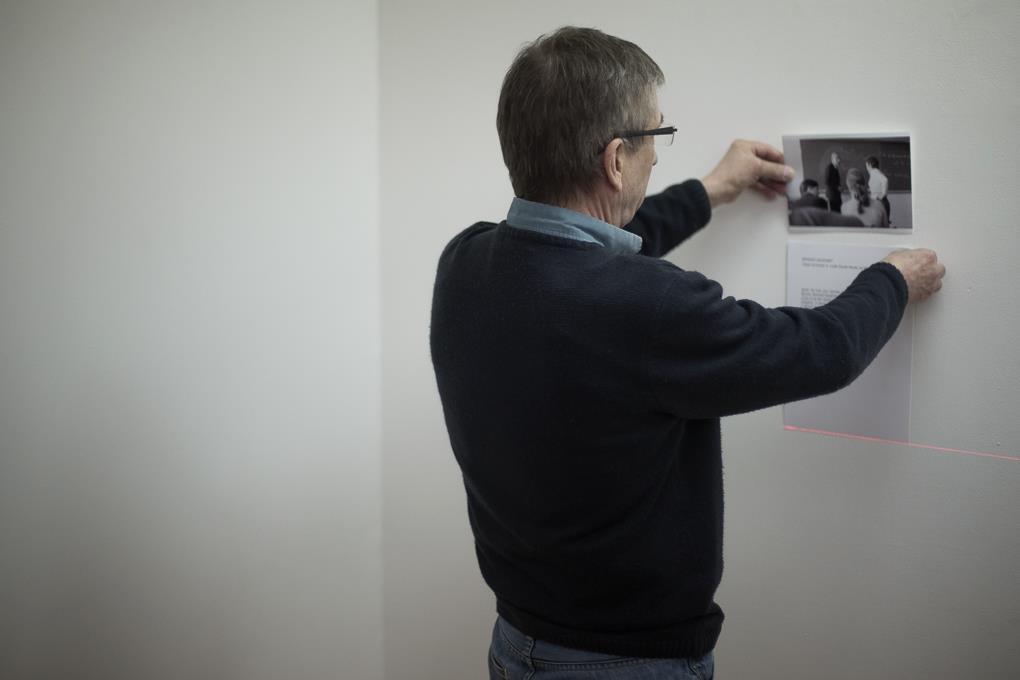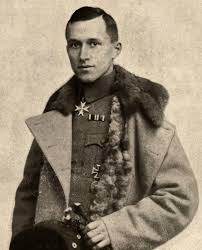O Jesus, to Your Heart I entrust (whom I desire: for example “victims of the virus”)
Look at (the/them) then do what Your Heart tells You.
Let Your Heart Work!
I rely on Him.
I trust Him.
I surrender myself to Him!
O Jesus, by Your most loving Heart, I beg You to inflame with the zeal of Your Love and Your Glory all the priests of the world, all the missionaries, all those who are responsible for announcing Your divine Word, so that with holy zeal they snatch souls from Satan and lead them to the asylum of Your Heart where they can glorify You unceasingly!
Eternal Father, who, out of love for souls, delivered Your only Son to death, – by His Blood, by His merits and by His Heart, have mercy on the whole world and forgive all the sins that are committed.
Receive the humble reparation offered to You by Your chosen souls.
Unite them to the merits of Your divine Son, so that all their acts may be of great efficacy.
O, Eternal Father, have mercy on souls and do not forget that the time of Justice has not yet arrived, but that of Mercy!
Receive, O Most Holy Father, the sufferings and merits of all the souls who, united to the merits and sufferings of Jesus Christ, offer themselves to You, with Him and through Him, so that You may forgive the world.
O God of mercy and love, be the strength of the weak, the light of the blind and the object of the love of souls!
O my Savior who art also my God, let my heart be a flame of pure love for You!
(1952)

